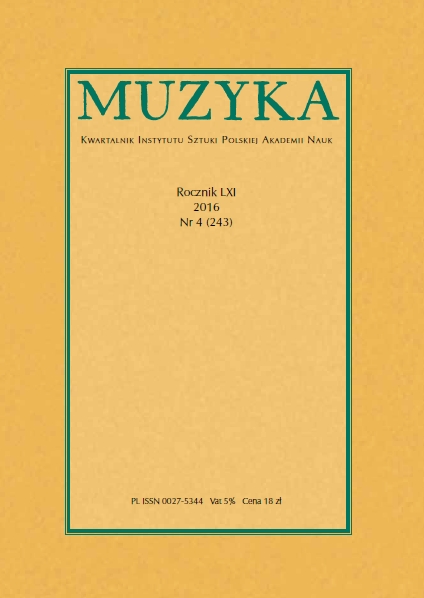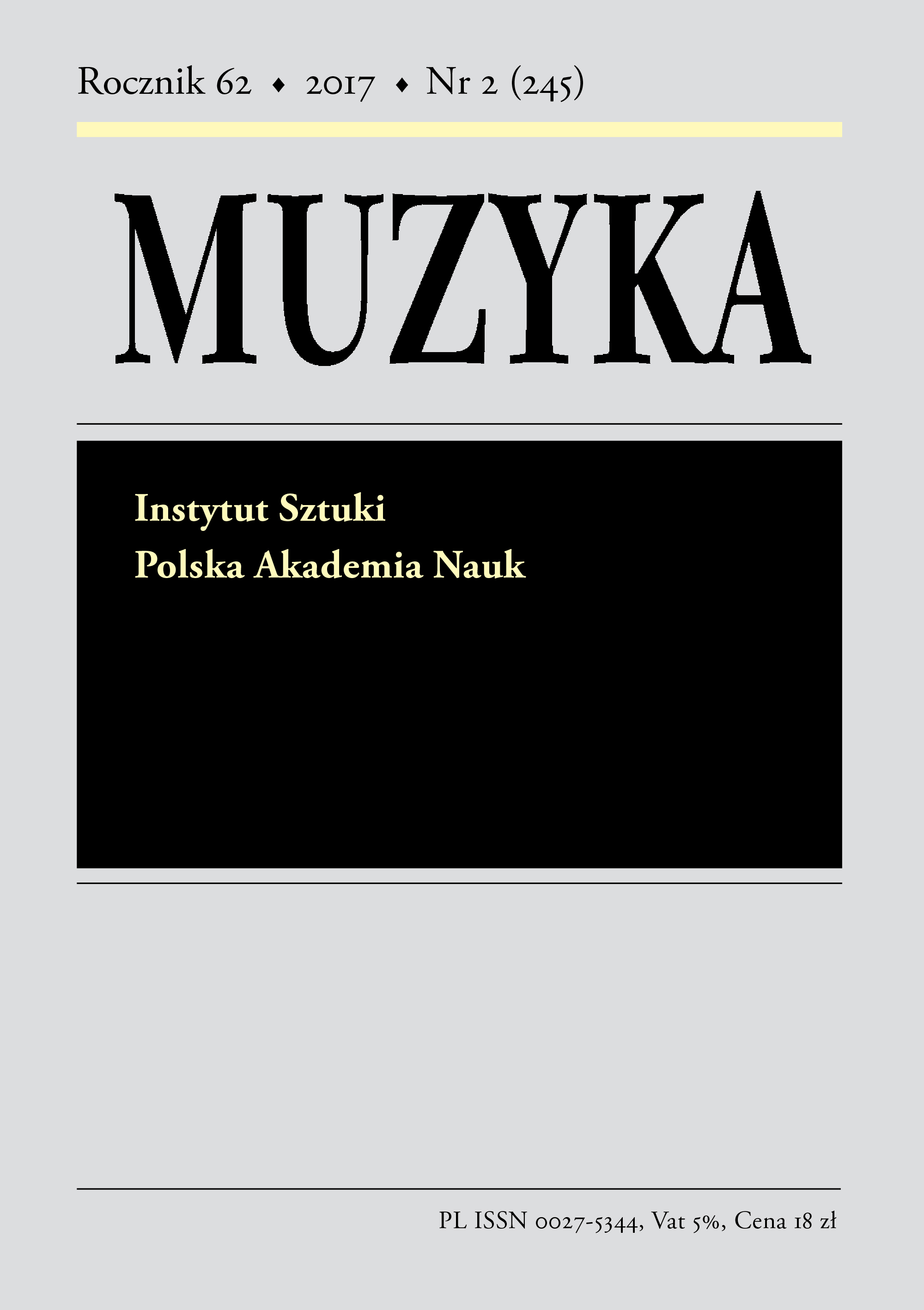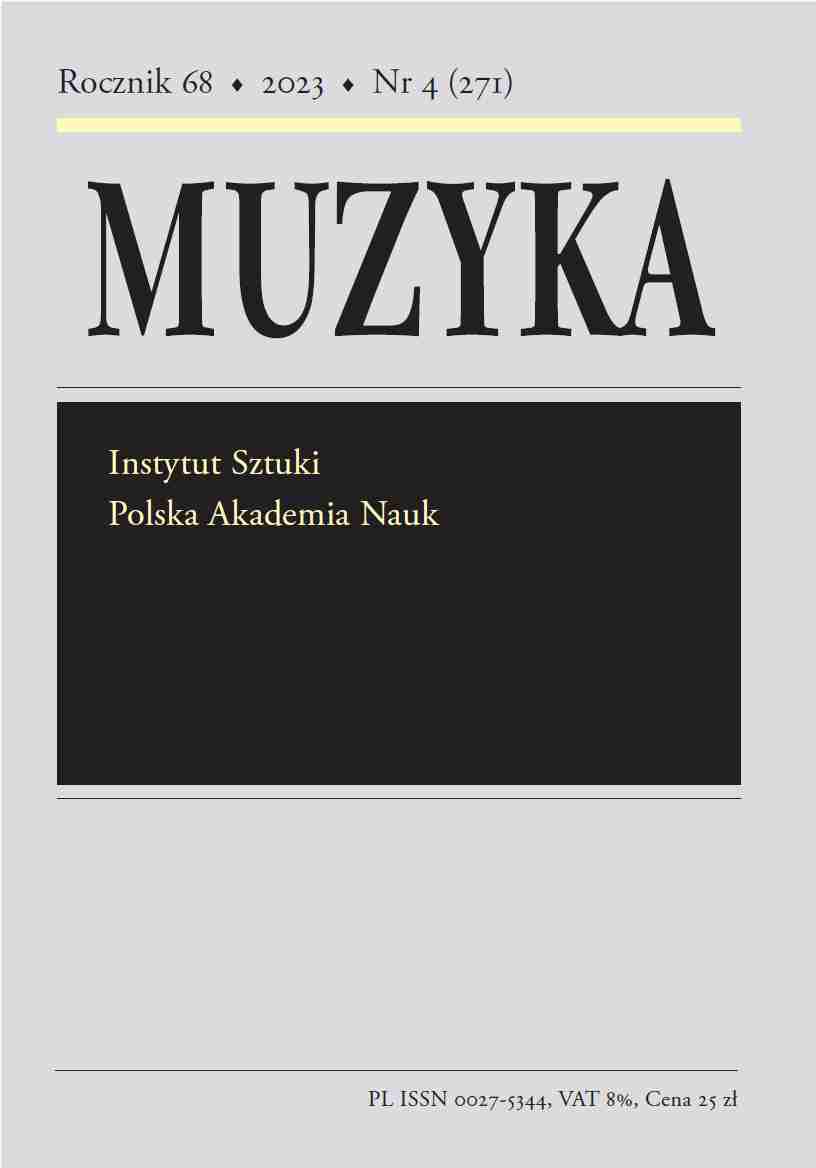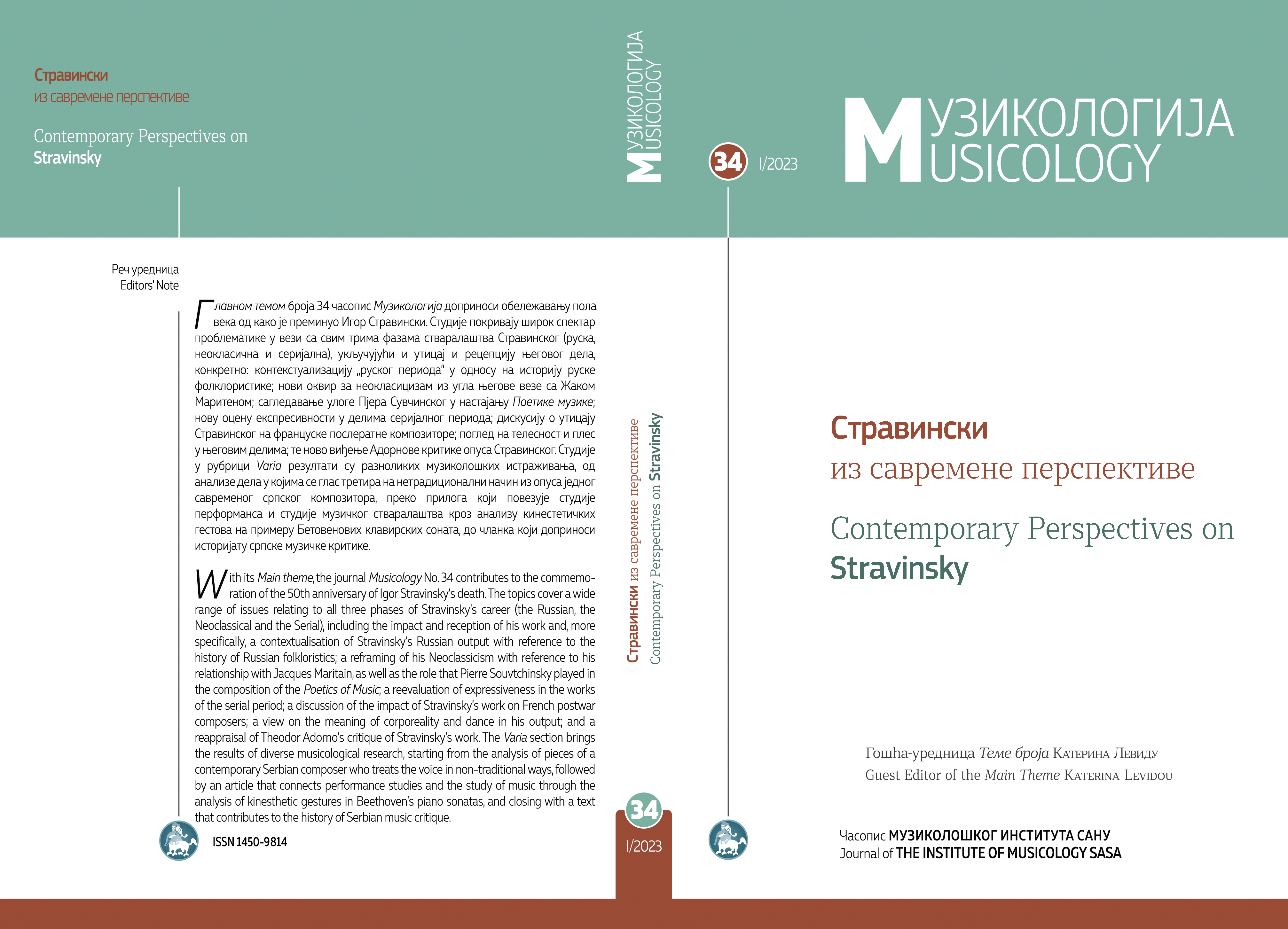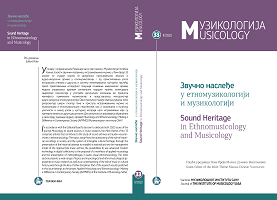Author(s): Ewelina Grygier / Language(s): Polish
Issue: 4/2023
This article provides an overview of a subject previously not discussed in the Polish ethnomusicological literature, namely, the phenomenon of e-fieldwork – ethnomusicological fieldwork on the Internet, discussed here from both the Polish and the global perspective. Based on the (mostly English-language) subject literature, as well as responses from a brief questionnaire conducted among Polish researchers, the author explains how ethnomusicologists use the Internet for various purposes, which include preparing for field trips, conducting research online, collecting materials and information, and maintaining contact with respondents (to explore the subject at greater length or to send recorded materials).The author discusses issues relating to methodology (what to study and how, available techniques and methods), logistics and technology (contact with informants, access to data, identifying interlocutors), identity (who the researchers are and how they feel on the Internet) and terminology (terms currently used, particularly in English, relating to online ethnomusicological research practice). Some ethical and legal issues are also signalled (EU GDPR).Citing ethnomusicological studies conducted during the COVID-19 pandemic, the author shows how that situation altered ethnomusicologists’ lives, what and how research was conducted in that period, and whether – and if so, how – the way people worked was modified in the changed circumstances.
More...
